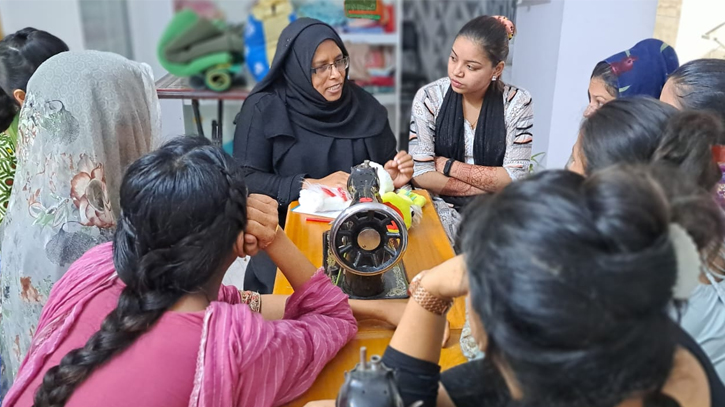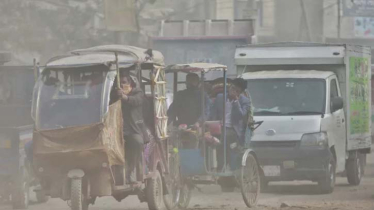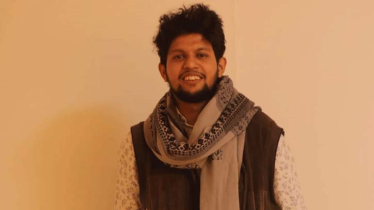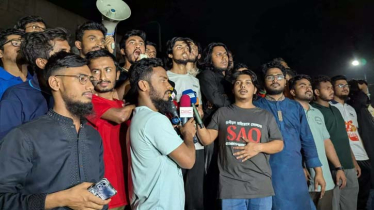
Photo : Courtesy
"Once faced with significant challenges in finding a means to generate income to support my family, but after participating in a five-day training program focused on crafting toys for children, my life took a positive turn. I discovered a hopeful direction and began to dream of a life filled with joy and happiness," said Sanjida, a 20-year-old from the Mirpur slum in Dhaka.
She is one of around 60 women and adolescent girls from the slum areas of Dhaka who have received this training. Light of Hope, an edu-tech organization that operates the largest after-school program in Bangladesh and offers moral education, has partnered with Nari Maitree to conduct training.
"This training holds particular significance for disadvantaged women, as it enables them to participate in toy production, thus providing new economic opportunities and improving their quality of life," said Waliullah Bhuiyan, the Founder and CEO of Light of Hope.
While plastic undoubtedly simplifies many aspects of our daily lives, it presents significant risks to both the environment and human health. Research indicates that plastic toys contain approximately 419 different chemicals, with around 126 of these identified as harmful to human well-being.
Notably, Bisphenol A, a substance detrimental to endocrine functions and reproductive health, is commonly found in various plastic items, including reusable dishes, sports gear, beverage containers, and children's toys. Additionally, these toys often include phthalates, which serve as plasticizers in PVC materials.
Similar to Bisphenol A, phthalates pose health risks and can negatively impact reproductive systems. Exposure to these hazardous chemicals, which may have carcinogenic properties, can lead to adverse effects on liver and kidney function.
The rise of environmentally friendly toys for children signifies a pivotal shift within the toy industry, highlighting an increasing commitment to sustainability and the conservation of nature.
“These toys, typically crafted from natural or recycled materials, ensure safe and enjoyable play experiences for children, and also instil a sense of environmental awareness from a young age,” added Waliullah Bhuiyan.
‘Pink Power’ to empower women: Light of Hope is currently facilitating a training program that supports around 150 women artisans across four districts, enabling them to earn a livelihood through the production of toys. This initiative is part of the larger 'Pink Power Project,' which seeks to equip young girls and women throughout Bangladesh with essential skills and to generate employment opportunities.
The artisans are being trained to master the craft of producing handmade children's toys for the renowned Goofi brand’s toys and educational products. Upon their training, Goofi Toys engages the newly skilled artisans to manufacture these handmade toys.
The toys are subsequently purchased from the women's collective, packaged, and distributed to retail outlets nationwide. This initiative provides these women with a sustainable source of income and guarantees a continuous supply of distinctive, high-quality, handmade toys for future generations.
Messenger/Sajib








